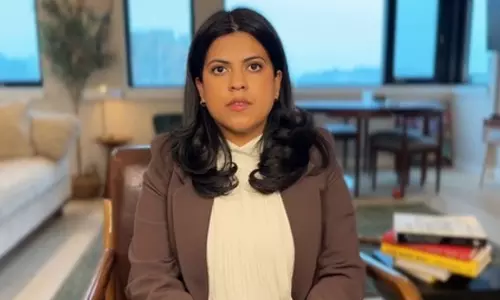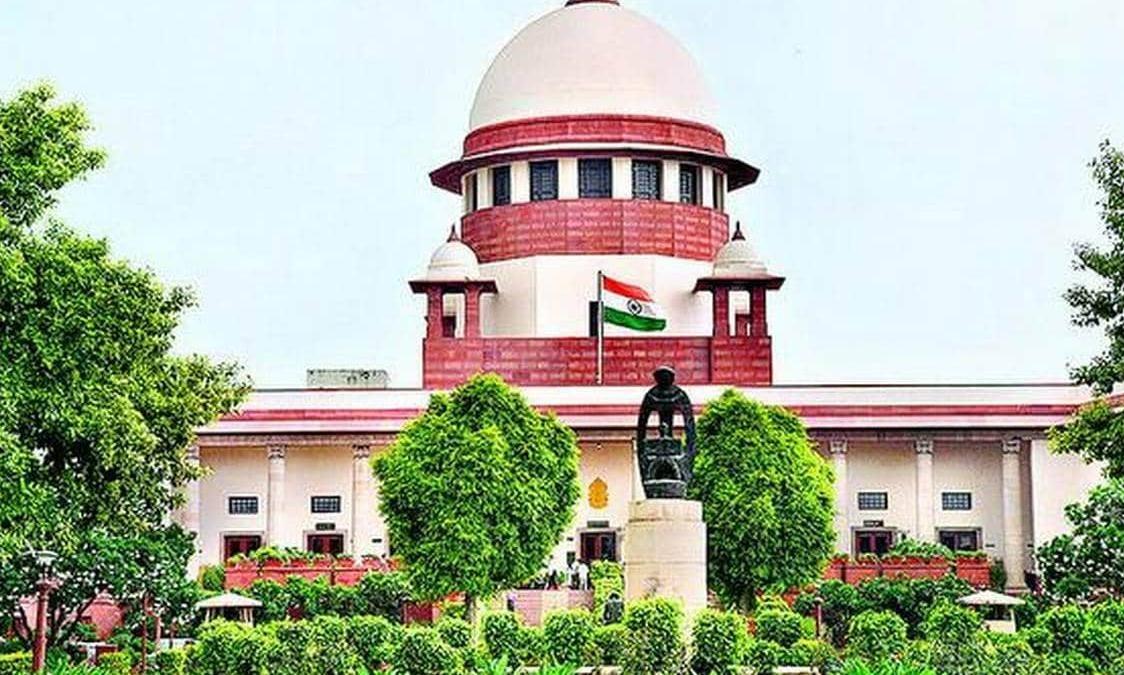
SC directs high courts to track trials against MPs, MLAs facing criminal cases
text_fieldsNew Delhi: The Supreme Court on Thursday asked the high courts to track and monitor trials against MPs and MLAs facing criminal cases and issued a slew of directions for the quick disposal of these cases to ensure timebound completion of the proceedings.
A bench comprising Chief Justice of India DY Chandrachud, Justice JB Pardiwala, and Justice Manoj Misra observed that there exist multiple factors” which “influence the early disposal of the subject cases” and “this coupled with their dissimilarity from state to state makes it difficult for this court to form a uniform or standard guideline for trial courts across the length and breadth of this country to dispose of these cases”.
The bench, which went through the affidavits filed by the high courts on the situation existing within their jurisdictions, said, “The high courts have been dealing with these issues on the administrative and judicial side and they are alive to the position that exists in each of their district courts. Under Article 227, high courts are entrusted with the power of superintendence over the subordinate judiciary. We deem it appropriate to leave it to the high court to evolve such methods or apply such a measure that they deem expedient for effective monitoring of the subject cases”, reports The Indian Express.
 Also Read:Bengaluru Police files FIR against participants of Palestine solidarity march
Also Read:Bengaluru Police files FIR against participants of Palestine solidarity march
The Supreme Court also issued a set of seven directions for the monitoring of the trial.
It said that the Chief Justices of the high court shall register a suo motu case with the title ‘In Re designated courts for MPs, MLAs’ to monitor the early disposal of the cases and the suo motu case may be heard by the chief justice or a bench assigned by him.
The special bench hearing the suo motu case may list the matter at regular intervals as felt necessary. The high court may issue such orders or directions as necessary for expeditious and effective disposal of the subject cases. The special bench may consider calling upon the advocate general or the public prosecutor to assist the court, the order said.
The Supreme Court said that high courts “may require the principal district and sessions judge to bear the responsibility of allocating the subject cases to such court or courts as is considered appropriate and effective” and “may call upon the principal district and sessions judge to send the report at such intervals as it considers expedient”.
The designated court shall give priority to criminal cases against MPs and MLAs punishable with death or life imprisonment, followed by cases punishable with imprisonment for 5 years or more and then head other cases, the apex court stated. It added that the trial court shall not adjourn the cases, except for rare and compelling reasons.
 Also Read:India, Netherlands sign pact on regulation of medical products
Also Read:India, Netherlands sign pact on regulation of medical products
The HC chief justice may list cases in which orders of stay of trial have been passed before the special bench to ensure that appropriate orders, including vacation of stay orders, are passed to ensure commencement and conclusion of trial,” the Supreme Court bench said.
It asked the principal district and sessions judge to ensure sufficient infrastructure facility for the designated courts and enable it to adopt such technology, as is expedient for effective and efficient functioning.
The order also asked the high courts to create an independent tab on their website providing district-wise information of the details of the year of the filing, the number of subject cases pending and stage of proceedings.
The court also clarified that “while monitoring the subject cases, the special bench may pass such orders or give such additional directions as are necessary for the early disposal of the subject cases”.
The Supreme Court also kept pending the prayer seeking a lifetime ban on convicted MPs and MLAs from fighting elections.























